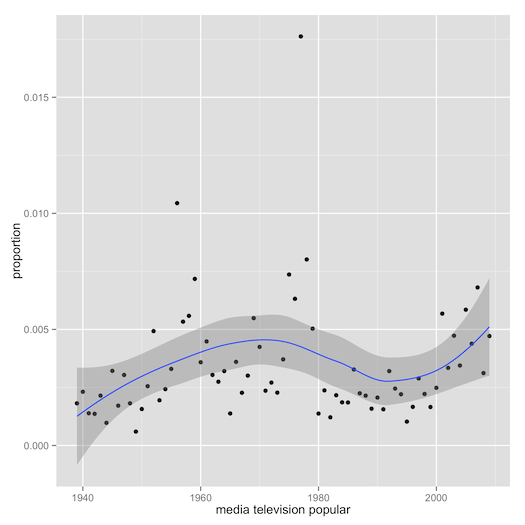media television popular mass culture tv news public american cultural advertising radio commercial audience soap film communication communications coverage

media television popular mass culture tv news public american cultural advertising radio commercial audience soap film communication communications coverage
